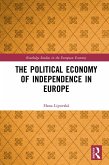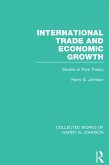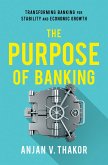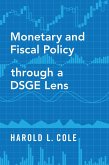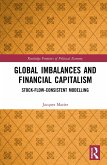Economic Policy provides a unique combination of facts-based analysis, state-of-the art economic theory, and insights from first-hand policy experience at the national and international levels to shed light on current domestic and international policy challenges. It is ideally suited for students, practitioners, and scholars seeking understanding both of the pragmatic constraints of real-world policy making and the analytical tools that enhance inquiry and inform debates. The authors draw on their experiences as academics and as policy makers in European and international institutions to offer a deep dive into the rationale, design, and implementation of economic policy across a range of policy domains: fiscal policy, monetary policy, international finance, financial stability, taxes, long-term growth and inequality. Highlighting the ways experience, theories, and institutions interact, each chapter starts with historical examples of dilemmas and shows how theoretical approaches can help policy makers understand what is at stake and identify solutions. The authors highlight the differences between the positive approach to economic policy (how do policies impact the economy), the normative approach (what should be policymakers' objectives and against which criteria should their action be judged), and the political-economy constraints (what are the limits and obstacles to public intervention). They rely on the most recent academic research, providing technical boxes while explaining the mechanisms in plain English in the text, with appropriate illustrations. This new edition is informed by such important recent developments as the Great Recession, the strains on the European Union and the Euro, the challenges of public and private debt, the successes and setbacks to emerging markets, changes to labor markets along with the increased attention to inequality, the debates on secular stagnation and its implications for conventional and unconventional monetary policy, the re-regulation of the financial sector, the debt overhang in both the public and the private sector.
Dieser Download kann aus rechtlichen Gründen nur mit Rechnungsadresse in A, B, BG, CY, CZ, D, DK, EW, E, FIN, F, GR, HR, H, IRL, I, LT, L, LR, M, NL, PL, P, R, S, SLO, SK ausgeliefert werden.



